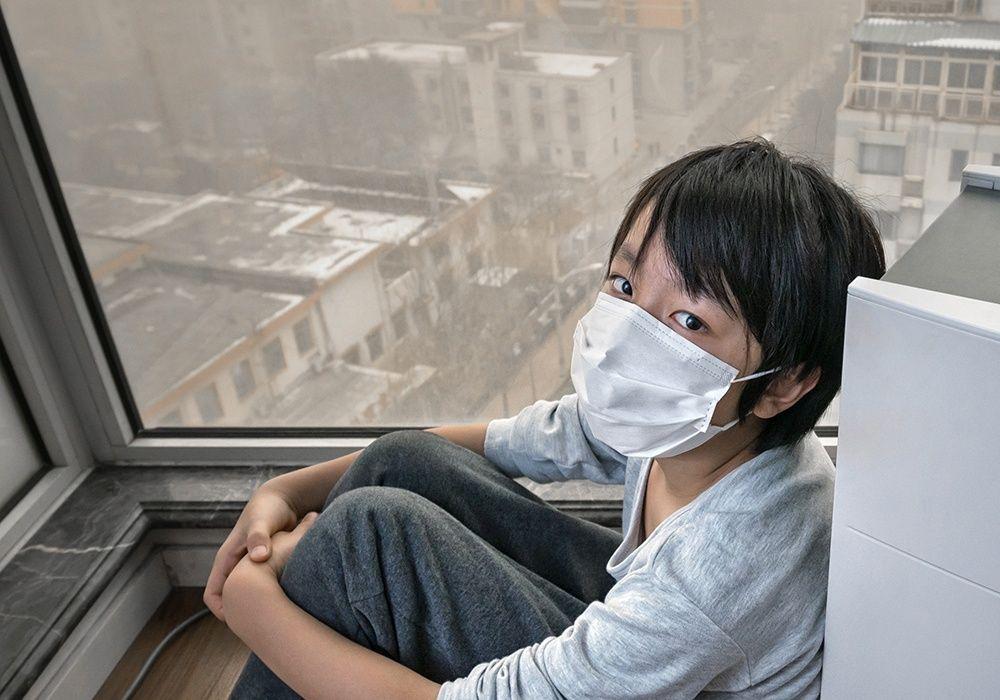Social Distancing

Social distancing is a preventive measure to keep people from being in close or frequent contact with each other in order to avoid the spread of a disease. It is used when we face outbreaks of infectious diseases, such as with the case of COVID-19. Social distancing is different from quarantine, a term referring to the separation and restriction of movement of people who were exposed to a contagious disease while they are monitored to see if they become ill. It is also different from isolation, which refers to the separation of people who are sick from those who are not in order to prevent the spreading of the disease.
The various unknown factors about COVID-19, the confusing and sometimes conflicting information we get about it, the concerns about the risk of contamination and the readiness of health systems to cope with patients have all understandably caused people to be cautious. We see travel restrictions, a rush to buy face masks and hand sanitizer, schools closed, gatherings postponed, and all kinds of special measures being taken. Why would one not be cautious about that which is most precious to us—our health and the health of our loved ones? This is a sensible concern, based on self-preservation and intuition. It is not unexpected that people would spontaneously initiate a form of social distancing by themselves.
These special measures aim at containing the spread of the infection in its most acute phase. Despite the disruption they may cause, people tend to understand them. After all, we have all heard that special times require special measures. However, as the weeks pass and the disruption continues, it becomes increasingly important not only to focus on the relative benefits of social distancing but also on the costs of such a change from our normal habits, including the costs to our physical and mental health.
Those costs include the concern, anxiety or downright fear about your health and the health of your loved ones, about being off work, about potential loss of income and job security. They include frustration with the uncertainty about how long this disruption will continue and the difficulties in helping one’s children remain happy and healthy while they are away from their friends and from their normal activities. It includes the reduction in physical activity and the consequences of this reduction in physical and mental health indicators. It includes increased screen time, distance from support networks, and boredom. In some cases, it includes feelings of depression and hopelessness, including a relapse in anxiety or mood disorders.
In children and adolescents, social contact is a protective factor for mental health. Isolation can have significant consequences, contributing to a depressed mood, low energy levels and a loss of interest in activities. Exercise and outdoors activities are also important to help children and adolescents cope with stress, as well as having a positive impact on physical health, mental health and cognitive functions. The risk of depression is lower when people exercise regularly. Lower levels of screen time are associated with reduced odds of depression—but with lack of school, outdoor activities and exercise, it is probable that screen time would increase in most households.
In order to balance the benefits and costs, I propose we think in terms of preparedness to face COVID-19 instead of focusing solely on minimising the acute risk of infection through avoidance. Look for credible sources of information without getting trapped in the emotional rollercoaster that 24/7 news channels provide. Avoid loneliness by staying in touch with your friends. Talk about your experience and support each other, so that your family and friends feel able to talk to you if they are not coping. Help your children do so as well. See this period as an opportunity to get to know the children you are raising better. Learn ways to relax together. Have limits on your family's screen time—not just your child's. Maintain good sleep habits, be active, eat well. Look after yourself and your families. Seek help when you need it. Be smart, and be prepared.
Dr. Miguel de Seixas - Psychiatrist, Family Medical Practice HCMC
Dr. Miguel Fernando Dinis de Seixas is a member of the Royal College of Psychiatrists who has treated people with conditions such as depression, anxiety, self-harm, suicidal tendencies, bipolar disorder, obsessive compulsive disorder and schizophrenia.
He trained in Cambridge and London and is a member of the Royal College of Psychiatrists.
 We use cookies on this website to enhance your user experience
We use cookies on this website to enhance your user experience